The voluntary carbon credit market is opening a new pathway for Vietnamese businesses, offering significant economic potential while requiring serious and well-structured preparation. At a panel discussion under the “Talk GreenBiz” series co-organized by the Green Future Fund and Dantri Newspaper, Dr. Nguyen Phuong Nam – Founder and CEO of KLINOVA – shared practical perspectives on this market, emphasizing that it is a long-term “game” that demands strategic commitment to sustainable development rather than one-off transactional activities.
The “Talk GreenBiz – Compass for Green Growth” talkshow series is a specialized program jointly produced by the Green Future Fund and Dantri. Each episode explores key trends, policies, and solutions that can drive sustainable development in the business community, covering topics ranging from green finance and renewable energy to the carbon market. This final episode focuses on carbon credits and the opportunities and challenges facing Vietnamese enterprises in their green transition.
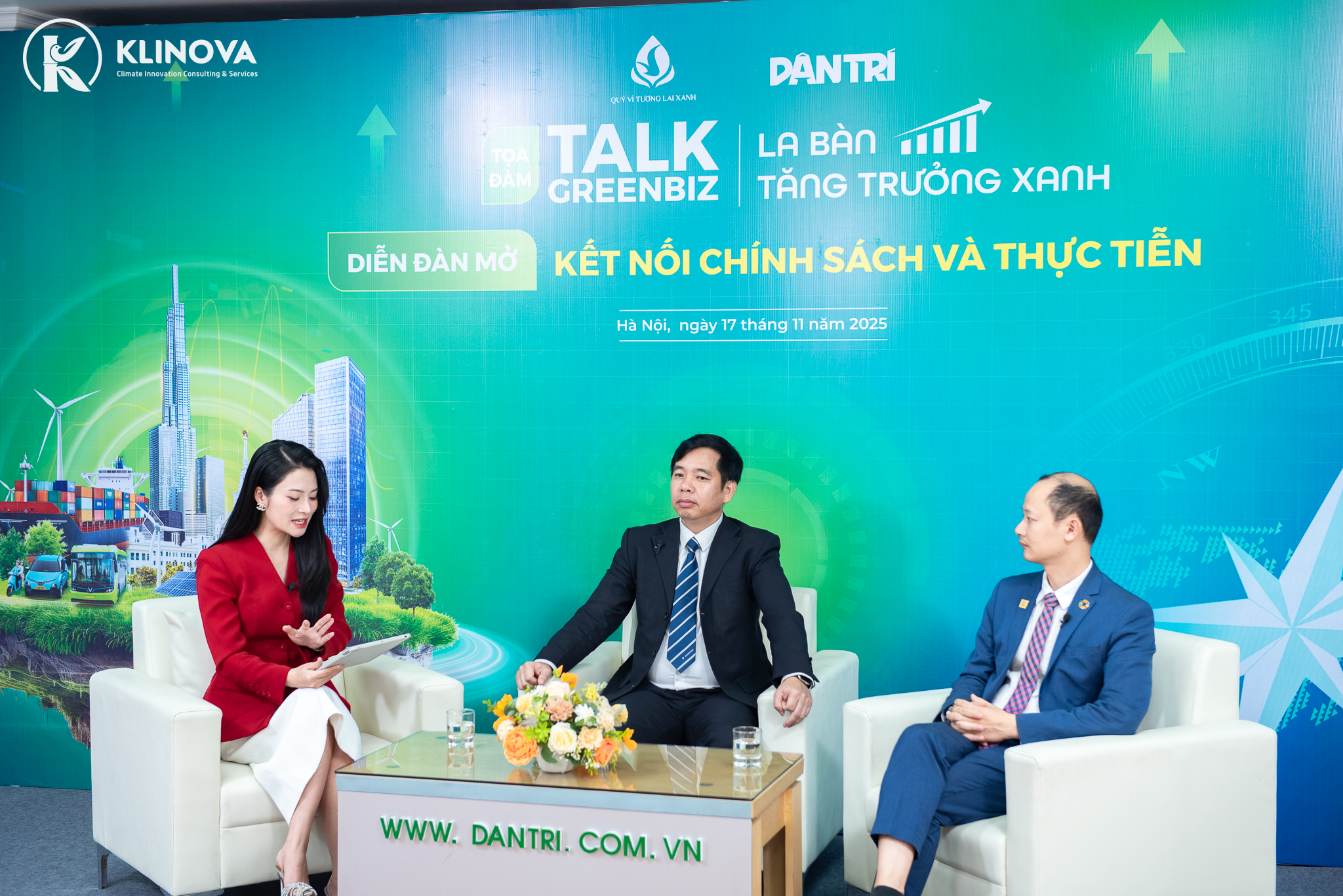
Two speakers, Dr. Nguyen Sy Linh & Dr. Nguyen Phuong Nam at the talkshow. Photo: Huu Hoang
According to Dr. Nam, the voluntary carbon market differs fundamentally from the compliance market. While the compliance market operates under state-regulated emission caps and monitoring systems, the voluntary market is driven by supply and demand, with prices negotiated independently on global trading platforms. This mechanism creates a more flexible space for Vietnamese enterprises, especially those seeking alignment with international standards. However, such flexibility is accompanied by stringent requirements for adherence to international standards and certification processes. Dr. Nam noted that generating carbon credits typically takes up to two years, involving five continuous steps—from registration and validation to monitoring and verification before certification. The final outcome depends entirely on actual operational performance rather than project design, which explains why many registered projects fail to produce credits due to insufficient compliance with ongoing verification requirements.
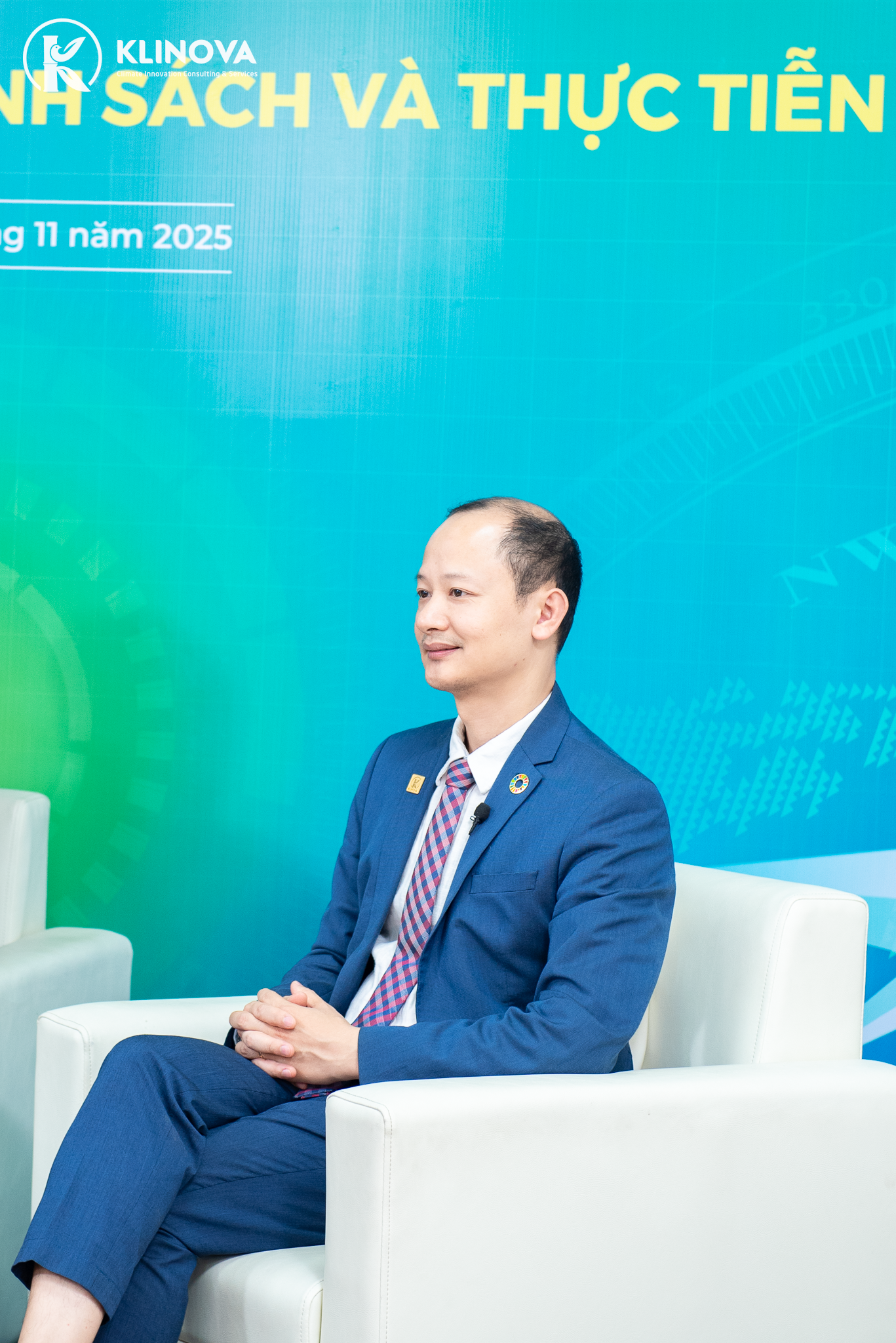
Dr. Nguyen Phuong Nam - CEO of KLINOVA, reviewer of UNFCCC since 2017 talking about voluntary carbon market at the talkshow. Photo: Huu Hoang
Drawing from KLINOVA’s advisory work, he emphasized that successful projects are those backed by long-term commitment, sufficient resources for measurement–reporting–verification (MRV), and stable operational performance. In contrast, many failures stem from short-term expectations, lack of technical capacity, or an inability to maintain required monitoring schedules. These realities underscore that carbon credits only represent a true opportunity when enterprises integrate them into their broader business and sustainability strategies.
Discussing the benefits, Dr. Nam highlighted that carbon credits not only generate supplementary revenue streams but also enhance brand reputation, strengthen competitiveness, and open access to green finance from international investors. Enterprises with transparent MRV systems and certified projects are often more highly valued in global supply chains, especially as emission requirements tighten.
Regarding the readiness of Vietnamese businesses, Dr. Nam observed a clear divide. A group of pioneers—mainly those embedded in global supply chains—have begun integrating emission-reduction targets into their long-term business strategies. Meanwhile, most small and medium-sized enterprises have only recently become aware of carbon credits, following the inclusion of the carbon market in the Environmental Protection Law and Vietnam’s Net Zero 2050 commitment. Nonetheless, this shift is fostering positive momentum as more enterprises start viewing carbon credits as an opportunity to restructure their business models toward modern, low-emission, and internationally competitive standards.
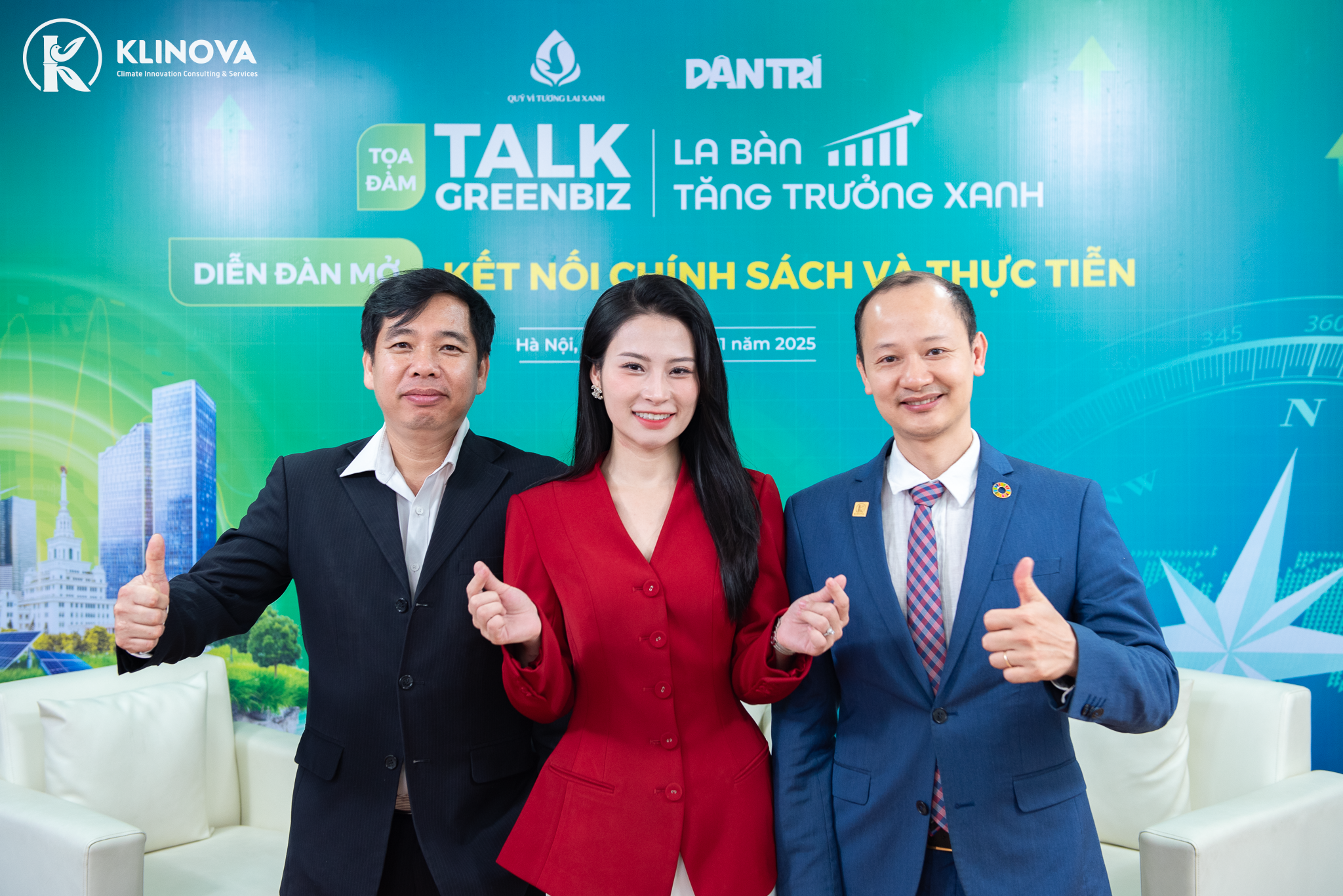
Alongside the analysis of Dr. Nguyen Sy Linh regarding the compliance market, Dr. Nam emphasized that credit quality, data transparency, and buyers’ trust are fundamental to the sustained development of the carbon market. Lessons from the EU and South Korea show that maintaining price-stabilizing funds and robust monitoring systems helps buffer market volatility and attract participation from financial institutions. In Vietnam, despite the market ecosystem still being nascent, the potential is substantial—from brokerage and verification services to project development. Dr. Nam stressed that aligning with international standards and establishing long-term strategies are crucial for Vietnamese enterprises to generate high-quality credits, expand their export potential, and strengthen their competitiveness.
Concluding his remarks, Dr. Nam affirmed that carbon credits represent “a well-deserved reward” for enterprises committed to green transition, those that understand the market’s true nature and invest seriously in the credit-generation process. This pathway not only supports compliance with emission-reduction requirements but also unlocks new financial opportunities in the era of sustainable development.
- Huu Hoang -
Watch the full program here:
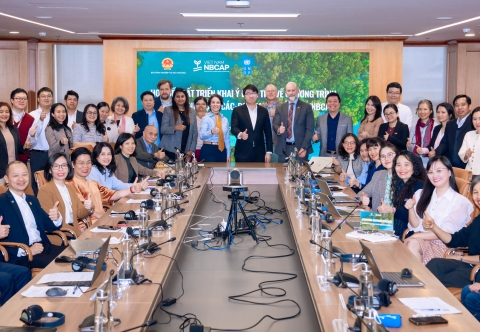 Meeting to propose the implementation of the Letter of Intent for the National Green Carbon Action Partnership Program (NBCAP)
Meeting to propose the implementation of the Letter of Intent for the National Green Carbon Action Partnership Program (NBCAP)
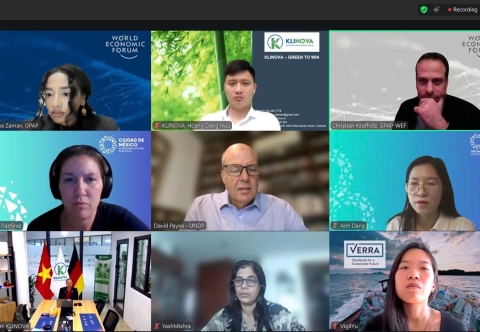 Online Workshop on the Financing Roadmap for Plastic Action to 2030: Mobilizing USD 8.5 Billion for Viet Nam’s Circular Economy
Online Workshop on the Financing Roadmap for Plastic Action to 2030: Mobilizing USD 8.5 Billion for Viet Nam’s Circular Economy